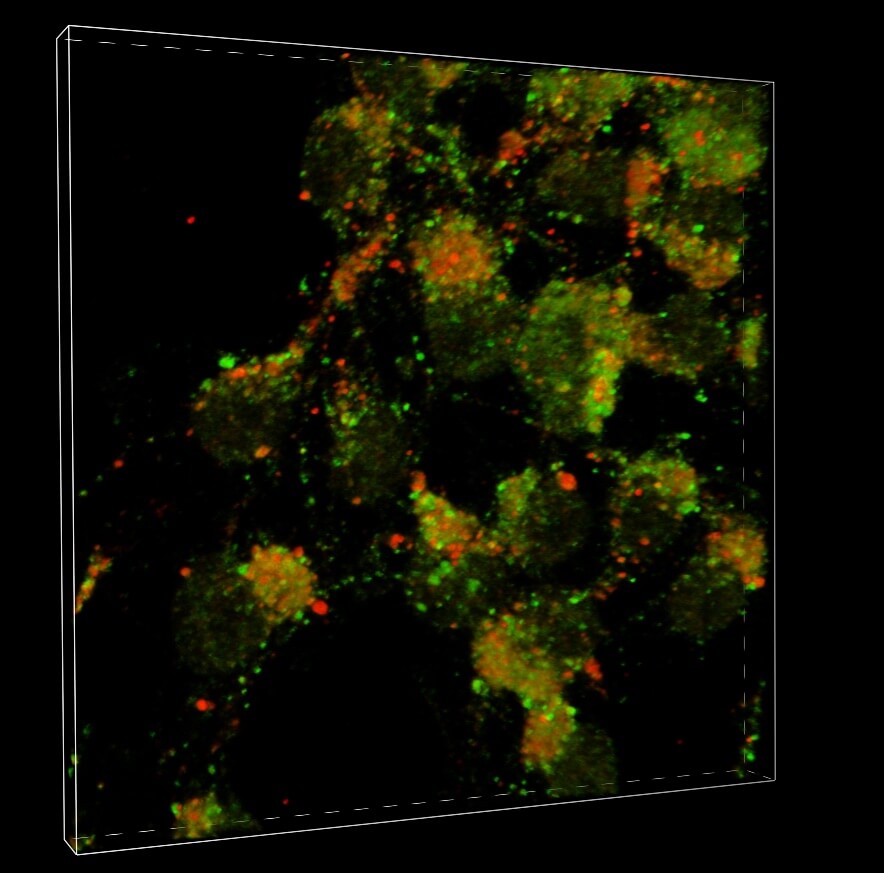Parkinson’s disease, a debilitating neurological disorder affecting millions worldwide, has long been a challenge for medical professionals and researchers alike. While current treatments can help manage symptoms, there is no cure for this progressive condition. However, a recent study published in the journal eClinicalMedicine has shed new light on a potential treatment option for Parkinson’s patients: fecal microbiota transplantation (FMT).
The GUT-PARFECT trial, conducted by researchers at Ghent University Hospital (UZ Gent) in Belgium, is the first randomized, double-blind, placebo-controlled study to investigate the effects of FMT on patients with mild to moderate Parkinson’s disease. The results are promising, offering hope for those living with this condition.
“Our results are really encouraging!” says first study author Dr. Arnout Bruggeman, researcher at VIB-UGent Center for Inflammation Research, in a media release. “After 12 months, participants who received the healthy donor stool transplant showed a significant improvement in their motor score, the most important measure for Parkinson’s symptoms.”

What exactly is fecal microbiota transplantation? In simple terms, it involves transferring the gut bacteria from a healthy donor to a patient. This is done by collecting a stool sample from the donor, processing it, and then delivering it to the patient’s intestines through a tube inserted into the nose and down to the small intestine (nasojejunal administration).
The idea behind FMT is that the gut microbiome, the collection of microorganisms living in our digestive tract, plays a crucial role in our overall health, including brain function. In Parkinson’s disease, there is evidence to suggest that the gut microbiome is altered, contributing to the development and progression of the condition. By introducing healthy gut bacteria from a donor, researchers hope to restore balance and improve symptoms.
In the GUT-PARFECT trial, 46 patients with mild to moderate Parkinson’s disease were randomly assigned to receive either FMT from healthy donors or a placebo (their own stool). Participants were followed for 12 months, with assessments at baseline, three, six, and 12 months after the procedure.
The primary outcome measure was the change in the Movement Disorders Society Unified Parkinson’s Disease Rating Scale (MDS-UPDRS) motor score, which assesses the severity of motor symptoms such as tremors, stiffness, and slowness of movement. Patients were evaluated in an “off-medication” state, meaning they had not taken their Parkinson’s medications for a specified period before the assessment.
At the 12-month mark, patients who received FMT from healthy donors showed a significant improvement in their MDS-UPDRS motor scores compared to those who received the placebo. The FMT group had an average decrease of 5.8 points, while the placebo group had a decrease of only 2.7 points. This difference was statistically significant, suggesting that FMT had a beneficial effect on motor symptoms.
The improvements in the FMT group were not immediate, though. The greatest difference between the two groups was observed in the six-to-12-month interval after the procedure. This suggests that the effects of FMT may take time to manifest and that the benefits could be long-lasting.
In addition to motor symptoms, the researchers also assessed the impact of FMT on constipation, a common non-motor symptom of Parkinson’s disease. Using a radiopaque pellets test, which involves swallowing small markers and then taking an x-ray to see how long they take to pass through the digestive system, they found that the FMT group had improvements in gut transit time starting from the three-to-six-month interval. This suggests that FMT may have a positive effect on gut function before the neurological benefits become apparent.
Safety is always a concern when introducing a new treatment, but the researchers found that FMT was well-tolerated. No severe adverse events related to the procedure were reported, with only mild and transient gastrointestinal symptoms such as abdominal cramps and nausea occurring in some patients.
“Our study provides promising hints that FMT can be a valuable new treatment for Parkinson’s disease,” notes study co-author Roosmarijn Vandenbroucke, professor at VIB-UGent Center for Inflammation Research. “More research is needed, but it offers a potentially safe, effective, and cost-effective way to improve symptoms and quality of life for millions of people with Parkinson’s disease worldwide.”
While these results are exciting, it’s important to note that this is just one study with a relatively small sample size. UZ Gent researchers also plan to analyze the gut microbiome of the participants before and after FMT to gain insights into how the procedure alters the bacterial composition and how this relates to clinical outcomes.
If the benefits of FMT for Parkinson’s disease are confirmed in larger trials, it could represent a significant advancement in the treatment of this condition. Unlike many of the current medications, which primarily target symptoms, FMT has the potential to address the underlying dysfunction in the gut-brain axis that contributes to the development and progression of the disease.
Moreover, FMT is a relatively simple and cost-effective procedure compared to other advanced therapies being investigated for Parkinson’s, such as deep brain stimulation or cell replacement therapy. If proven effective, FMT could become a more accessible treatment option for patients worldwide.












